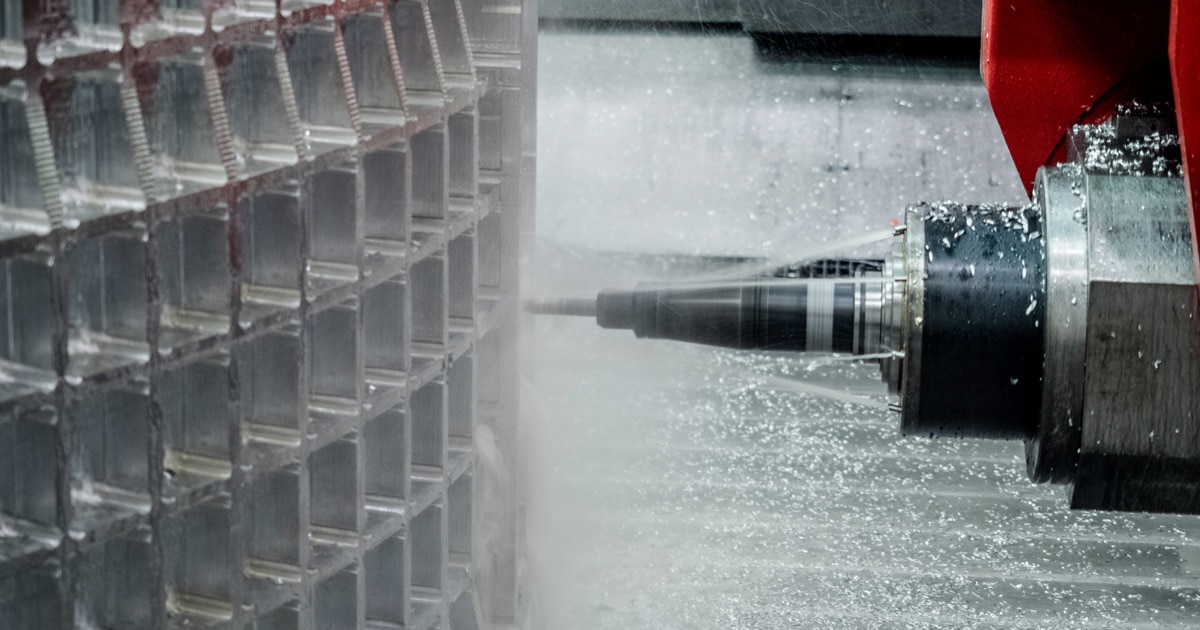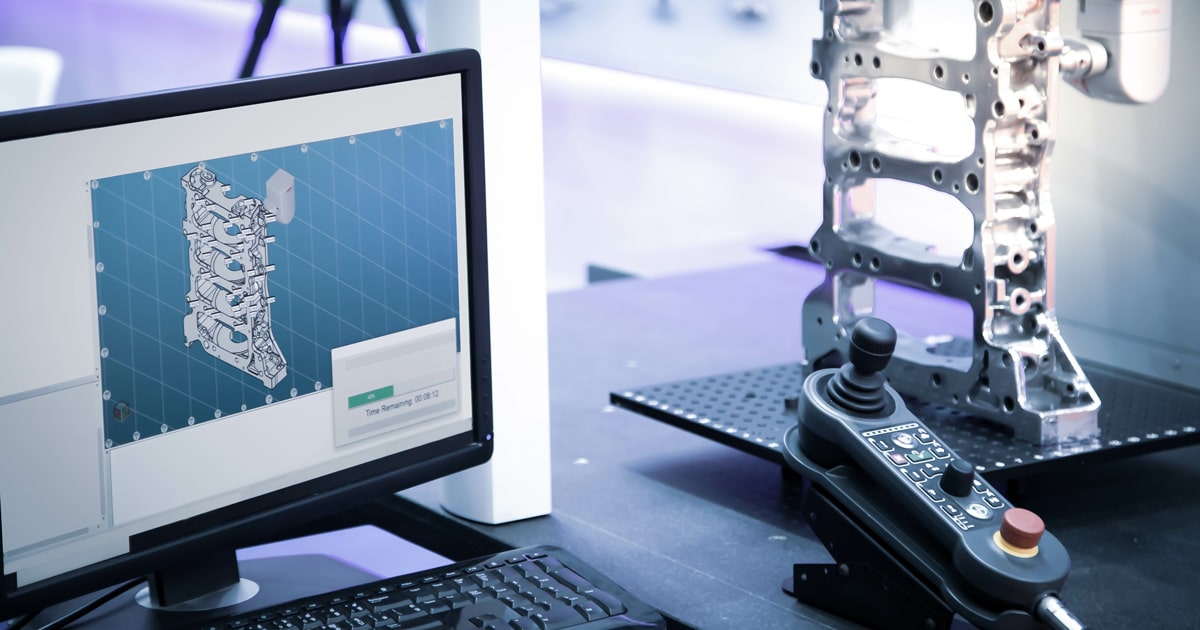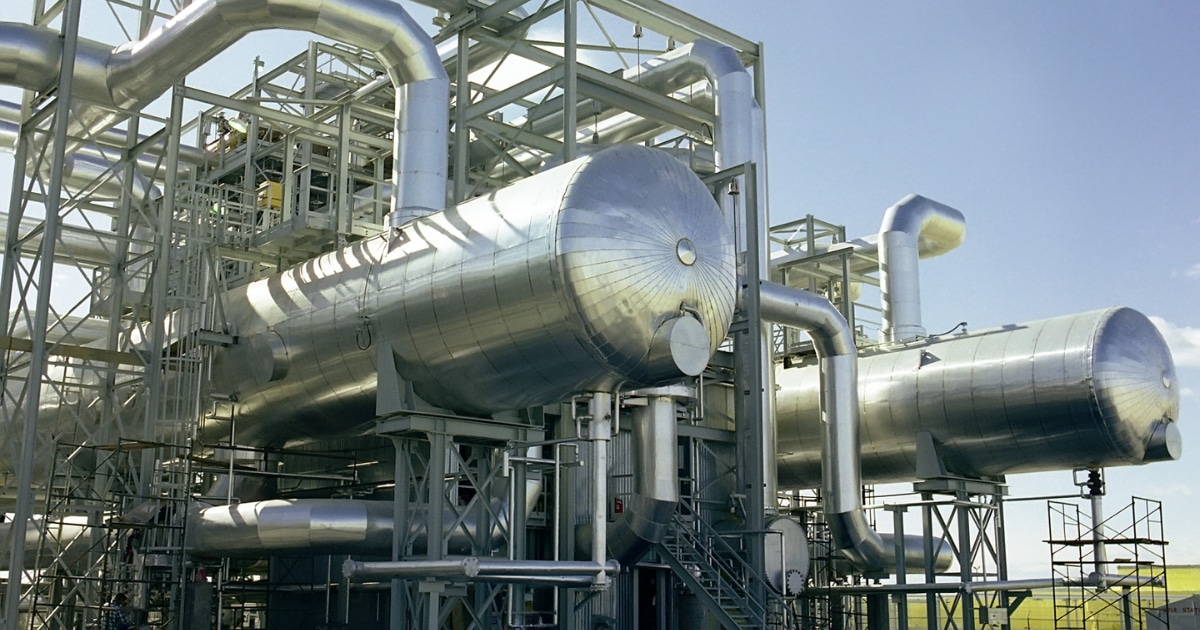Introduction
In high-tech industries like aerospace and automotive, the escalating demand for precision in parts and hardware manufacturing underscores a significant shift. The relentless pursuit of safety, performance, and technological advancements drive this shift. Precision manufacturing is about achieving dimensional accuracy and adhering to the highest standards of quality, especially in these sectors.
The slightest inaccuracy can have profound implications in the aerospace industry. Similarly, precision directly influences vehicle performance and occupant safety in the automotive sector. Moreover, where patient safety is paramount, the medical devices industry relies heavily on stringent manufacturing standards.
These industries continuously evolve, shaped by their need for precision parts that can withstand challenging environments and complex applications. Manufacturers are responding by innovating and integrating advanced technologies into their production processes. This necessity for precision pushes the boundaries of what’s possible in manufacturing, setting new benchmarks in quality and precision.
In the following sections, we explore the nuances of precision manufacturing, from the challenges faced to the best practices and technological advancements meeting these expanding demands.
Defining Precision Hardware Manufacturing
This section delves into the specifics of precision manufacturing, emphasizing the importance of material selection and the utilization of advanced manufacturing techniques. These elements are central to producing components that fulfill the stringent requirements of various industries.
Precision parts manufacturing extends beyond achieving basic dimensional accuracy. It involves satisfying the exact design specifications required for complex hardware systems in various industries.
For instance, in aerospace, this means manufacturing flight hardware that fits precisely within intricate assemblies. Similarly, in automotive manufacturing, even the smallest parts play a crucial role in a vehicle’s overall performance and safety.
Material Considerations in Precision Manufacturing
Selecting the right materials is critical in precision hardware manufacturing. Each material’s unique properties impact the final hardware’s manufacturing process and functionality.
Aerospace applications, for example, demand materials that can withstand high temperatures and stress. In medical devices, the focus is on biocompatibility. The interaction between material properties and part function is a key factor for success in precision manufacturing.
The Role of Advanced Manufacturing Techniques
Advancements in manufacturing techniques have transformed the production of high-precision components. Techniques such as precision CNC machining and additive manufacturing facilitate the creation of components with complex shapes and features, adhering to rigorous standards.
Such specifications are particularly fundamental in industries like aerospace, where the complexity and precision requirements of hardware are continuously evolving.
Challenges in Manufacturing Precision Parts and Advanced Hardware
This section discusses manufacturers’ various challenges in producing precision parts and hardware. These hurdles underscore the need for advanced manufacturing techniques and stringent quality control to deliver high-quality, reliable products that satisfy regulatory demands.
Complexities in Machining Superalloys
One of the key complications in precision hardware manufacturing is working with superalloys and other specialty materials, which are especially prevalent in aerospace and defense applications.
These materials offer high strength and temperature resistance but present unique machining difficulties. The toughness of superalloys leads to increased tool wear, requiring specialized machining strategies. Tool deterioration impacts the cost and extends production time, making it a critical factor in project timelines.
Ensuring Precision in End Finishing
End finishing is a prime aspect of hardware manufacturing, particularly in industries like automotive and aerospace. The final surface finish of components must be smooth, precise, and free of defects to ensure optimal performance and longevity.
Achieving such a high-quality finish often requires advanced techniques and meticulous quality control, adhering to the stringent standards demanded by these high-stakes industries.
Applying protective surface finishes is also imperative for optimal function and longevity. Basic coatings like paint defend against corrosion, while specialty finishes offer enhanced properties.
For example, anodizing creates a corrosion- and wear-resistant oxide layer, ideal for components in harsh environments like the extreme temperature fluctuations experienced on aircraft exterior surfaces and engine parts. Chemical films provide lubrication and chip resistance during machining of intricate aerospace components.
Additional finishes like electroless nickel plating grants hardness to resist wear in high-impact automotive applications like transmission gears and power generation turbine blades.
Determining the appropriate finishes is vital early in the manufacturing process to impart necessary protections and attributes tailored to the operating conditions and demands of the final application. Advanced techniques ensure coatings are applied smoothly and uniformly to avoid impeding precision or part functionality.
High-Volume Production Consistency
Another significant deterrent is maintaining consistent quality and precision across high-volume production runs. In precision manufacturing, each component must adhere to tight standards, regardless of the production scale.
A robust quality assurance process, often involving automated inspection technologies, is paramount to verifying that every part meets the required specifications.
Addressing Design and Assembly Complexities
The increasing intricacy of hardware designs, particularly in sectors like space exploration and medical devices, adds complexity to the manufacturing process. These designs frequently feature complex geometries or require precise fits within limited spaces.
To address these challenges, manufacturers are turning to advanced technologies such as 5-axis CNC machining and additive manufacturing, which are crucial in maintaining precision throughout the manufacturing process.
Best Practices for Meeting Strict Quality and Performance Requirements
This section outlines the best practices vital for meeting the rigorous quality and performance standards in precision hardware manufacturing. Emphasizing the importance of quality control, the adoption of advanced technologies, and collaboration between design and manufacturing, it underscores the critical factors for producing high-quality, reliable components in high-tech industries.
Adherence to Precision Standards
Precision hardware manufacturing requires strict adherence to quality and performance standards. This commitment extends beyond following industry-specific standards; it encompasses a culture of quality within the manufacturing process.
Regular training and a steadfast commitment to best practices and continuous improvement are essential in upholding these high standards.
Advanced Quality Control Systems
Implementing advanced quality control systems is paramount. Using sophisticated inspection and testing technologies, such as coordinate measuring machines (CMM) and laser tracking, ensures that each part fulfills stringent specifications. Incorporating regular audits and in-process inspections is essential to the early detection of deviations, confirming adherence to quality standards.
Quality Certifications
Quality certifications play a pivotal role in precision hardware manufacturing, serving as benchmarks for operational excellence and reliability across industries. ISO 9001 underscores a commitment to quality management principles, including a strong customer focus and a process for continuous improvement. Sectors with highly specialized requirements–such as aerospace and defense–certifications like AS9100 and Nadcap offer additional assurance. AS9100 extends the ISO 9001 framework to meet the stringent quality and safety standards of the aerospace industry, while Nadcap accreditation focuses on conformity for aerospace engineering processes.
These certifications validate a manufacturer’s dedication to upholding the highest quality standards and enhance trust among clients by ensuring that their precision manufacturing needs are met with excellence and attention to detail.
Using Cutting-Edge Manufacturing Technologies
Employing state-of-the-art technologies, including precision CNC machining and additive manufacturing, is central to achieving necessary tolerances and finishes.
These technologies enable high-precision production of complex geometries, which is crucial for components in critical applications like aerospace and medical devices.
Collaborative Design and Manufacturing
Effective collaboration between design and manufacturing teams is critical for success. This partnership ensures the hardware is designed for functionality and manufacturability. Identifying potential production hurdles early in the design process leads to efficient manufacturing without compromising precision.
Evolving Trends in Precision Parts Manufacturing
These evolving trends highlight the dynamic and innovative nature of the precision hardware manufacturing industry. They reflect the industry’s response to new technologies and changing market demands, underscoring a commitment to continuous improvement and technological advancement.
Digital Technologies in Manufacturing
The integration of digital technologies is a significant trend in precision hardware manufacturing. Digital twins, for example, are revolutionizing the field. These virtual replicas of physical parts and systems allow for in-depth analysis and simulation.
They empower manufacturers to visualize performance and identify potential issues before production begins, enhancing efficiency and precision.
Materials Science Innovations
Advancements in materials science are opening new doors in precision manufacturing. The development of ultra-high-strength alloys and composites is particularly beneficial in industries like aerospace and automotive, where the balance between strength and weight is critical. These new materials offer enhanced durability and performance, pushing the boundaries of traditional manufacturing.
The Rise of Automation and Robotics
Automation and robotics are increasingly influential in precision manufacturing. Robotic systems are employed for various tasks, including assembly, welding, and finishing. This automation ensures consistent quality and precision, especially in high-volume production scenarios. It also reduces error rates and increases overall production efficiency.
Outsourcing to Contract Manufacturing Partners
Outsourcing to contract manufacturing partners with specialized expertise and advanced capabilities is becoming a strategic trend. These partners often possess the latest technologies and efficient production processes, enabling them to handle complex tasks requiring high precision.
This trend allows companies to leverage external expertise to enhance their product quality and manufacturing efficiency.
Sourcing a Capable Precision Machining Partner for Complex Hardware Production
Precision parts manufacturing is indispensable when accuracy, innovation, and adaptability are paramount. Industries like aerospace, automotive, defense, and medical devices depend on mastering these elements not just for quality but for the reliability and safety of their applications.
Baker Industries: A Leader in Precision Parts Manufacturing
Baker Industries stands as a notable leader in the precision manufacturing arena. Our extensive experience and capabilities make us an ideal partner for your precision manufacturing needs.
Baker Industries’ approach to precision manufacturing encapsulates a commitment to quality and innovation, crucial in sectors where precision is non-negotiable.
Baker Industries offers a comprehensive solution for organizations seeking top-tier expertise in precision manufacturing. Our facilities are equipped to handle the complexities of modern manufacturing projects, and our team of professionals is skilled in navigating the intricacies of high-tech manufacturing. Baker Industries brings extensive experience to the table and an unwavering dedication to producing the highest-quality components and end products.
To learn more about how Baker Industries can support your precision manufacturing needs or to discuss your project requirements, reach out to us at one of the links below.
Talk to an expert: https://www.bakerindustriesinc.com/contact-us/
Request a quote: https://www.bakerindustriesinc.com/contact-us/request-a-quote/


